Resources for Rare Disease Patients and Advocates
We support and provide materials and information about rare diseases. Explore our rare diseases resources to find ways to get involved and learn about the latest research.
Rare Diseases Information
Speeding the development of treatments requires new solutions and working together. We are applying translational science approaches to address the public health challenge of rare diseases.
Genetic and Rare Diseases (GARD) Information Center
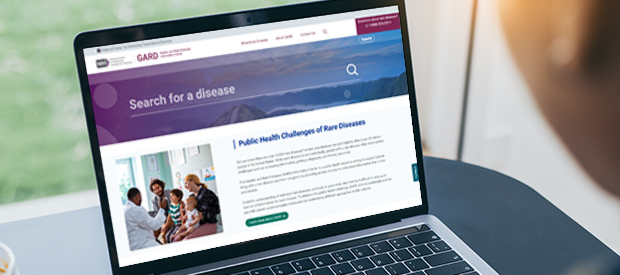
The GARD Information Center provides current and reliable health information on a wide range of genetic and rare diseases.
NCATS Toolkit for Patient-Focused Therapy Development
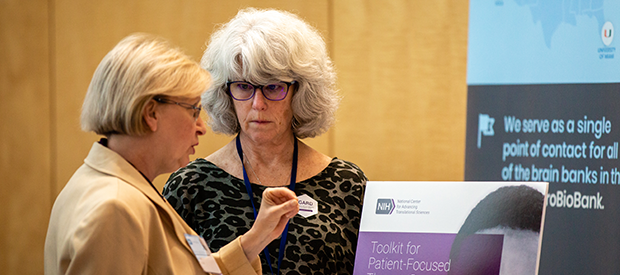
Our Toolkit for Patient-Focused Therapy Development is a collection of online resources to assist patient groups in the research and development of new treatments.
Facts and Stats
Fact Sheets and Infographics
Get the facts about rare diseases.
Director’s Messages
See messages from the NCATS director about rare diseases.
Explore Community Resources
We provide a range of free materials and resources to help patients, caregivers, patient support organizations, health care providers and scientists learn about rare diseases and advance research in this area.
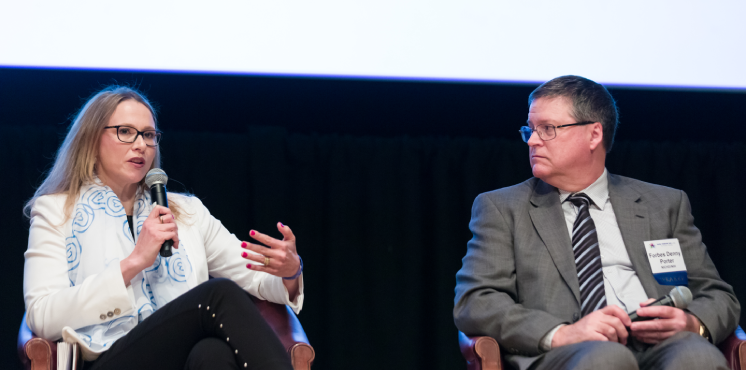
Rare Diseases Registry Program (RaDaR)
This resource provides best practices for setting up and maintaining patient registries for research purposes.
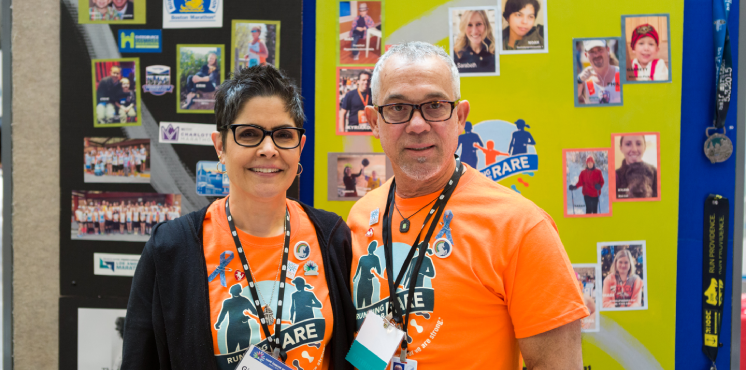
Rare Disease Day at NIH
Rare Disease Day at NIH aims to raise awareness about rare diseases, the people they affect, and NIH collaborations that address scientific challenges and advance research for new treatments.
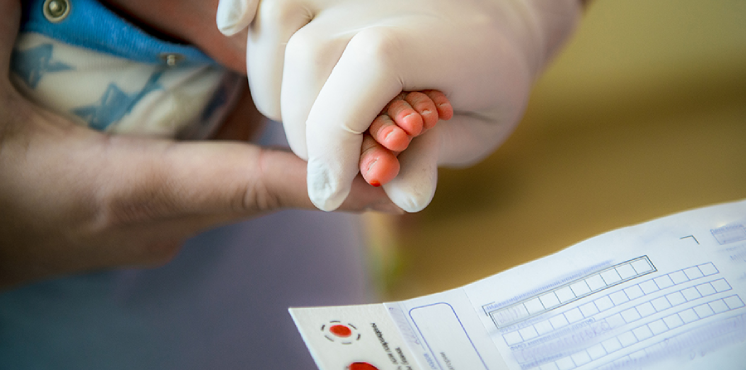
Rare Disease News
Our latest news stories showcase the rare diseases research we conduct and support.
Learn About Rare Diseases Research at NCATS
We support research programs and engage in activities to address the public health challenges of rare diseases.

Gene-Targeted Therapy Programs
We support and participate in multiple programs that speed the development of gene-targeted therapies for many diseases at a time.
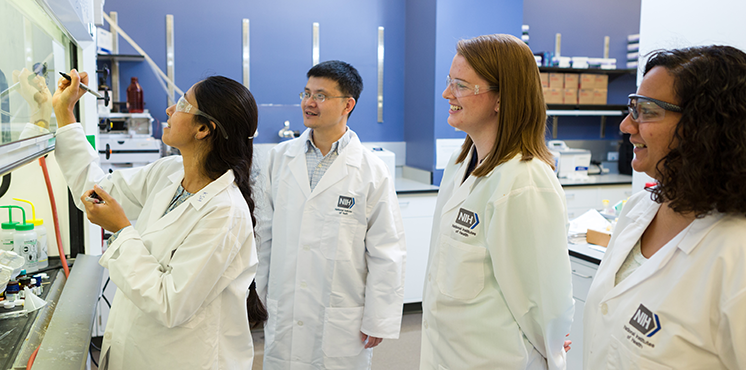
Therapeutics for Rare and Neglected Diseases (TRND)
Through this in-house program, we support preclinical development of therapeutic options for diseases with high unmet medical needs.

Rare Diseases Clinical Research Network (RDCRN)
We oversee this NIH-wide program that supports medical research on over 200 rare diseases through clinical studies, collaborations, study enrollment and data sharing.


